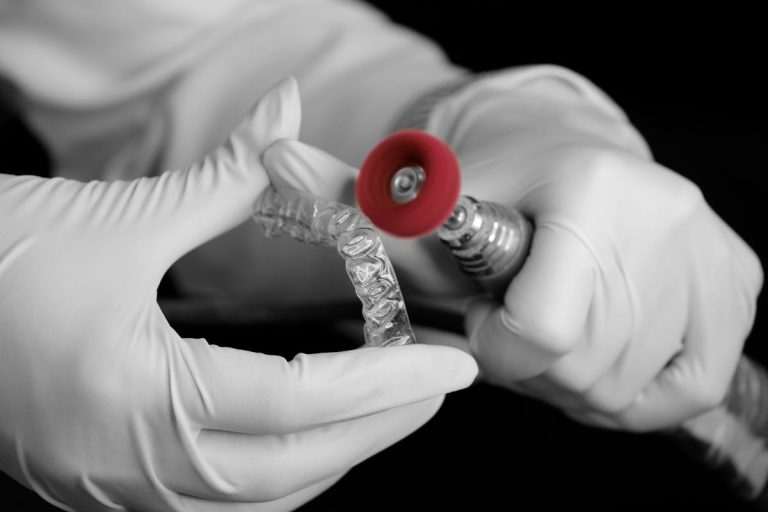If your child has been diagnosed with diabetes, it can be a difficult and overwhelming time. But don’t worry, you’re not alone. Here are some tips from experts on what to do next.
Consult with their doctor
As a parent, being diagnosed with diabetes in your child can be overwhelming and stressful. However, taking the proper steps to manage it is key to ensuring a healthy lifestyle for them. After the initial diagnosis, the best place to start is by consulting with their doctor and establishing a treatment plan that works for your child’s circumstances.
Getting pediatric care services is essential to make sure your child is getting the best care possible. In addition to discussing necessary lifestyle modifications such as dietary and exercise regimens, this should also incorporate regular monitoring of their blood sugar levels and how the medications work best for them.
While it’s essential to stay informed about diabetes and all its aspects, ultimately, following the advice of your healthcare professional is going to help ensure that your child stays healthy and feels better all around.
Monitor your child’s blood sugar levels
Keeping your child’s diabetes under control is essential to managing their condition and ensuring good overall health. Regular monitoring of blood sugar levels can help you detect problems and prevent them from escalating into more significant issues.
You must respond to these irregularities quickly, as small blood sugar changes can significantly impact your child’s energy levels, mood, and overall well-being. Providing your child with insulin when needed can help bring blood sugar back to a healthy level, so it is crucial to be prepared before any irregularities occur.
Knowing how much insulin to provide at any given time comes with practice and will depend on the severity of the irregularity; however, remaining attentive to your child’s needs is critical for long-term success in maintaining their diabetes.
Educate your child on diabetes.
It is essential to educate your child on the basics of diabetes and how it affects their body. Understanding the condition can help them make informed decisions about their health and learn to recognize any symptoms that may occur, such as feeling constantly thirsty or fatigued.
Explaining why they need to take their medications and follow the doctor’s instructions can help them understand why it’s necessary for their health. Showing your child that you are in this together and actively working on managing their condition will help them feel supported and motivated to take better care of themselves.
You may even want to consider enrolling in an education class or program designed specifically for children and teens with diabetes. This can give them a better understanding of the condition, connect them with other kids managing the same issue and help make it more manageable.
Encourage your child to eat healthily and exercise regularly

Taking care of your child’s health and well-being is fundamental to helping them manage diabetes. Eating healthy foods and regular exercise helps maintain healthy blood sugar levels, keep your child’s energy levels up, and keep their body functioning properly.
Encourage your little one to choose meals that satisfy their cravings while still providing balanced nutritional value. Replacing sugary, processed snacks with fresh fruit or vegetables helps control blood sugar. Regular physical activity also aids in managing diabetes and keeping your child’s body in top condition.
Whether it be yoga, sports, or something else, finding a routine that works for both you and your child is key – whatever gets them moving! With a consistent diet and appropriate physical activity plan combined with medical guidance, children with diabetes can live happy lives full of vitality and good health.
Provide emotional support for your child
Providing emotional support for your child is an essential element of helping them to manage their diabetes. Regularly checking in with your child and having open conversations about their feelings can go a long way to establishing trust.
Encouragement is also important, so don’t forget to show your love and provide reassurance that they can get through this regulatory challenge together. They may be scared or overwhelmed sometimes, but create a safe space for them to have the freedom to express themselves without feeling judged.
As much as it can be difficult to see our children feeling scared or stressed out, take comfort in knowing that you are providing valuable tools and unconditional love which will help them grow beyond their diagnosis of diabetes.
Dealing with a child’s diabetes can be difficult, but it’s important to consult with their doctor first and foremost. Once you have a plan in place, be sure to monitor your child’s blood sugar levels, give them insulin as needed, encourage healthy eating habits, and provide emotional support. With the help of professionals and loved ones, parents can ensure that their children living with diabetes lead happy and healthy lives.






